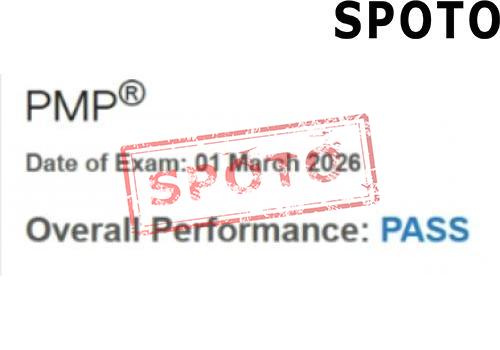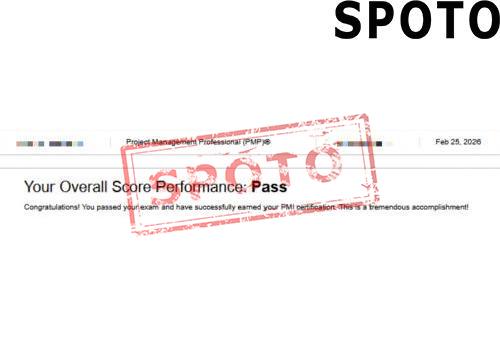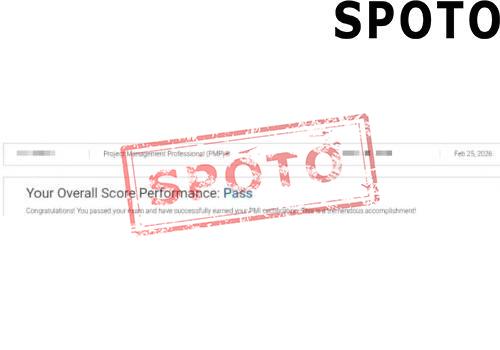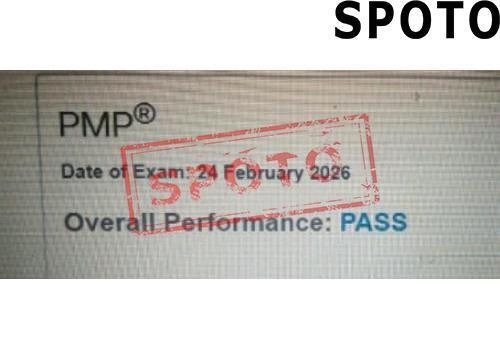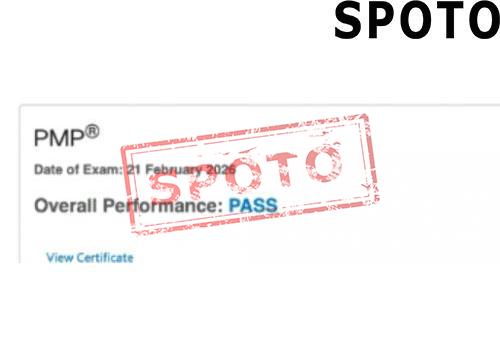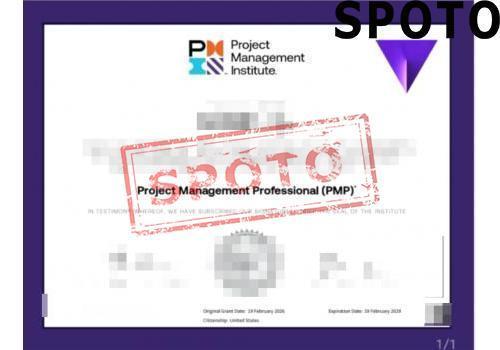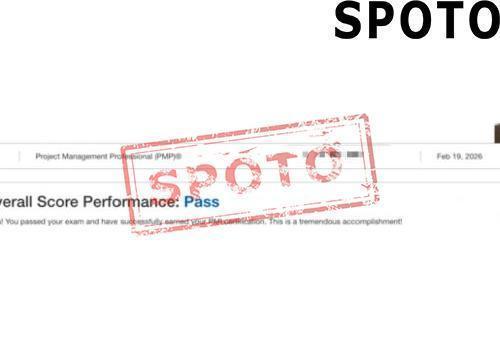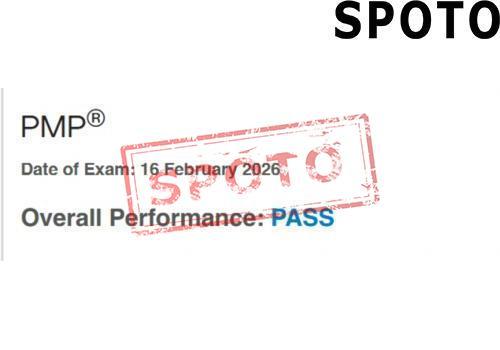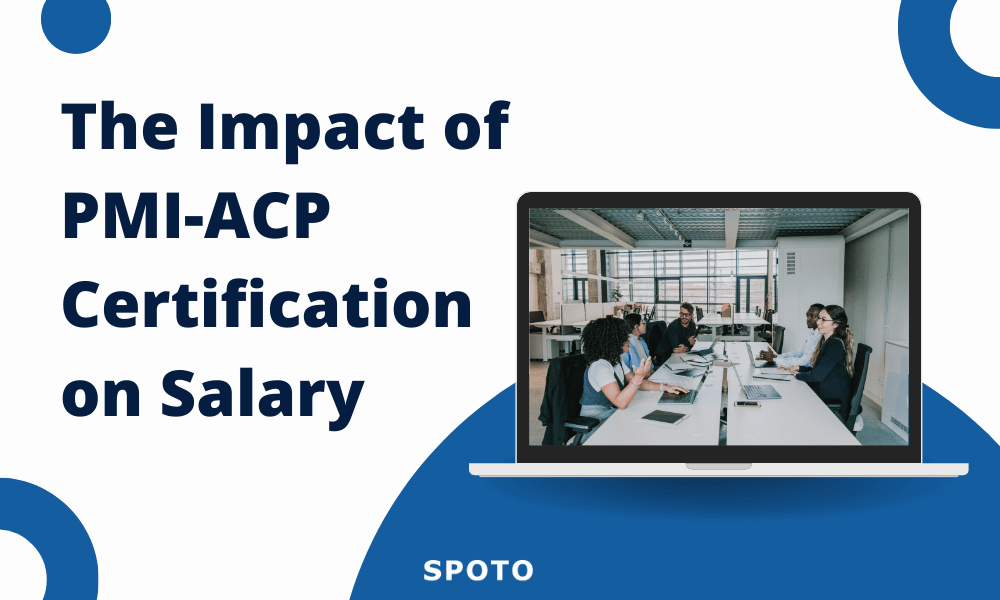
Table of Contents
As Agile project management continues to gain momentum across industries, professionals with PMI-ACP certification are seeing clear financial rewards. If you’re wondering whether becoming a PMI Agile Certified Practitioner (PMI-ACP) is worth it in terms of salary and career growth — the answer is a strong yes.
Let's explore how much you can earn with a PMI-ACP, how it compares to PMP certification, and what factors affect your earning potential.
💵 What Is the Average PMI-ACP Salary in 2026?
According to recent data, the average PMI-ACP salary in the United States is:
🟩 $123,000 – $145,000 per year
This places PMI-ACP holders among the highest-paid Agile professionals, especially in industries that have embraced Agile at scale — like IT, fintech, healthcare, and software development.
| Role | Average Salary (USD) |
|---|---|
| Agile Project Manager (PMI-ACP) | $135,000 |
| Scrum Master with PMI-ACP | $125,000 |
| Agile Coach | $140,000 – $160,000 |
| Agile Consultant | $135,000 – $150,000 |
📈 PMI-ACP vs PMP Salary Comparison
Professionals often ask: PMP or PMI-ACP — which pays more?
The PMP certification typically commands higher average salaries in traditional project management roles, but in Agile-heavy organizations, PMI-ACP can be equally or even more lucrative.
| Certification | Average Salary (USD) |
|---|---|
| PMP only | $130,000 – $150,000 |
| PMI-ACP only | $123,000 – $145,000 |
| PMP + PMI-ACP | $150,000 – $165,000+ |
📌 Combining PMP and PMI-ACP certifications is a powerful strategy for maximizing salary in hybrid or scaled Agile environments.
🌍 PMI-ACP Salary by Country
| Country | PMI-ACP Salary (USD Equivalent) |
|---|---|
| USA | $123,000 – $145,000 |
| Canada | $95,000 – $115,000 |
| UK | £65,000 – £85,000 |
| Australia | AUD $130,000 – $150,000 |
| India | ₹18 – ₹28 LPA |
🧠 Factors That Influence PMI-ACP Salary
Several factors impact how much a PMI Agile Certified Practitioner earns:
-
✅ Work experience in Agile frameworks (Scrum, SAFe, Kanban)
-
✅ Type of employer (startups vs large enterprises)
-
✅ Region and market demand
-
✅ Complementary certifications (Scrum Master, PMP, SAFe Agilist)
-
✅ Agile tools expertise (Jira, Confluence, Rally, VersionOne)
🏆 Why PMI-ACP Certification Is Worth It
The PMI-ACP certification isn’t just a salary booster. It also:
-
Demonstrates deep knowledge of Agile practices
-
Proves you're experienced with real-world Agile implementation
-
Opens doors to Scrum Master, Agile Coach, and Product Owner roles
-
Aligns with Agile transformation initiatives in large enterprises
